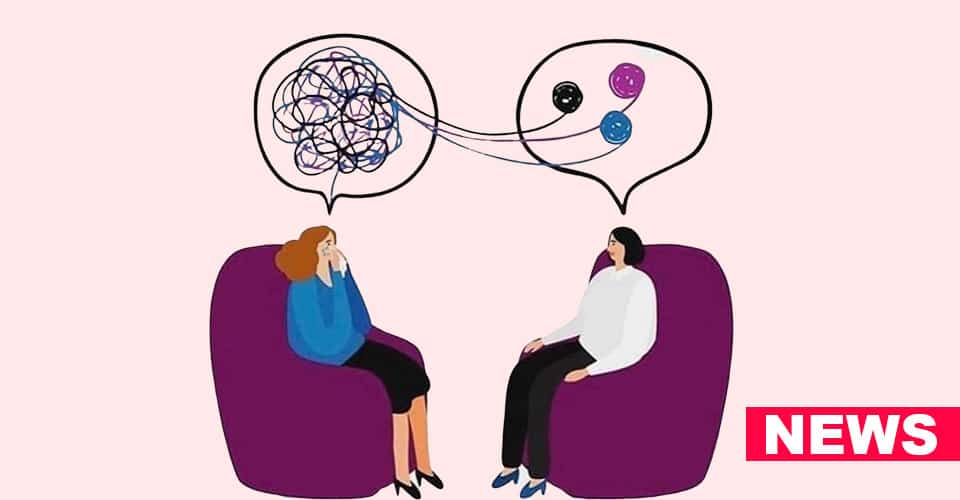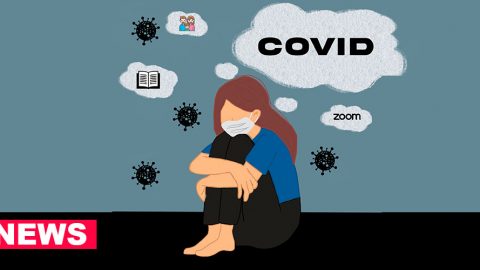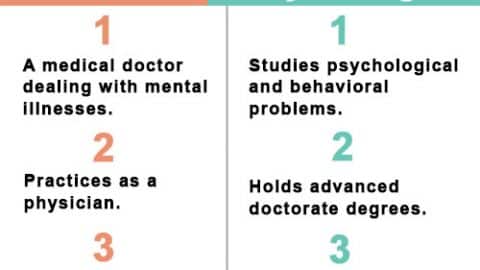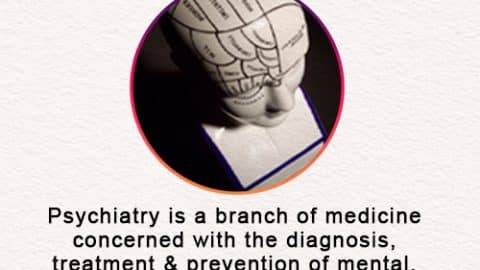Health News – A study revealed that social isolation and loneliness left people at a higher risk of cardiovascular diseases (CVD). This trend is particularly visible in elderly men and women.
A new study links social isolation and loneliness with cardiovascular diseases (CVD). It was led by researchers at University of California, San Diego.
The researchers delved into the mechanisms through which social isolation and loneliness are associated with higher risks of CVD. For the purpose of the study, they clarified that social isolation and loneliness will not be used synonymously. The two factors can be correlated without being mutually exclusive. For instance, a socially isolated person is not necessarily lonely. Equally, a person experiencing loneliness is not always socially isolated.
The study observed 57,825 post-menopausal women, aged 65–99 years, living in the US. They were asked to respond to a series of questionnaires from 2011–12, 2014–15, and through 2019 till their diagnosis with CVD. The questions assessed social isolation, loneliness, social support, and experiences of CVD symptoms. The participants’ weight, temperature, blood pressure, etc. were regularly monitored. A total of 1,599 women were found to experience such symptoms.
The findings, published in JAMA Network Open, revealed that social isolation and loneliness independently increased CVD-risk by 8% and 5%. It was also found that incidences of social isolation were greater in women than men. Women with high levels of both social isolation and loneliness had a 13–27% higher risk for CVD, in comparison to women experiencing low levels of both.
It is known that stress, social isolation, and loneliness are verifiably linked to cardiovascular diseases and related health conditions, such as diabetes, smoking, obesity, poor diet, physical inactivity, high blood pressure, depression, etc. The present study reinforces this evidence and gives it a post-pandemic context.
One of the lead authors, Natalie Golaszewski, said, “We are social beings. In this time of COVID-19, many people are experiencing social isolation and loneliness, which may spiral into chronic states.”
The researchers are enthusiastic that such research can help predict the long-term consequences of social isolation and loneliness on human health. However, further research is needed to understand better the prolonged impact of isolation on well-being.
To Know More You May Refer To
Golaszewski, N. M., LaCroix, A. Z., Godino, J. G., Allison, M. A., Manson, J. E., King, J. J., Weitlauf, J. C., Bea, J. W., Garcia, L., Kroenke, C. H., Saquib, N., Cannell, B., Nguyen, S., & Bellettiere, J. (2022). Evaluation of Social Isolation, Loneliness, and Cardiovascular Disease Among Older Women in the US. JAMA network open, 5(2), e2146461. https://doi.org/10.1001/jamanetworkopen.2021.46461
















Leave a Reply
You must be logged in to post a comment.